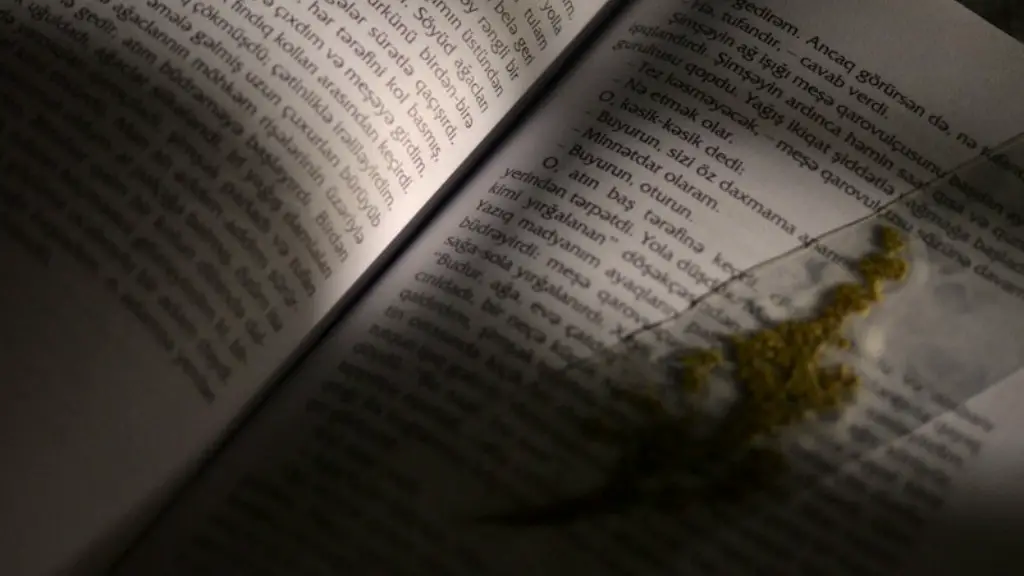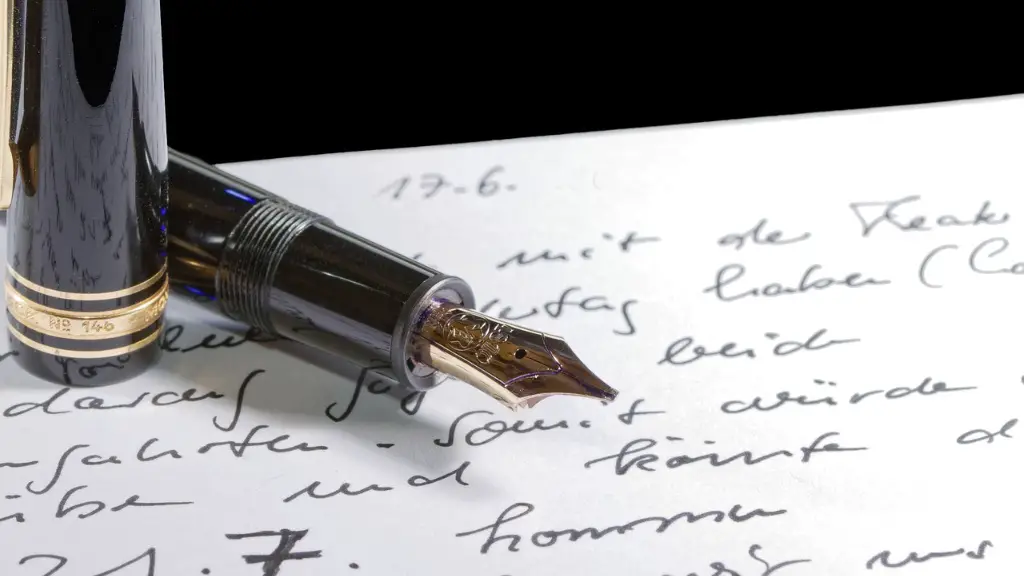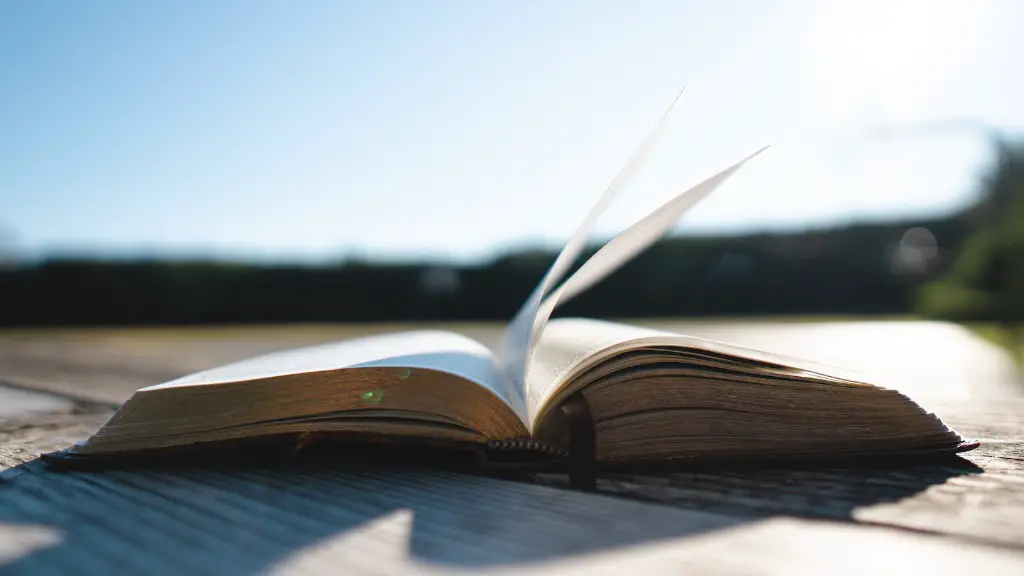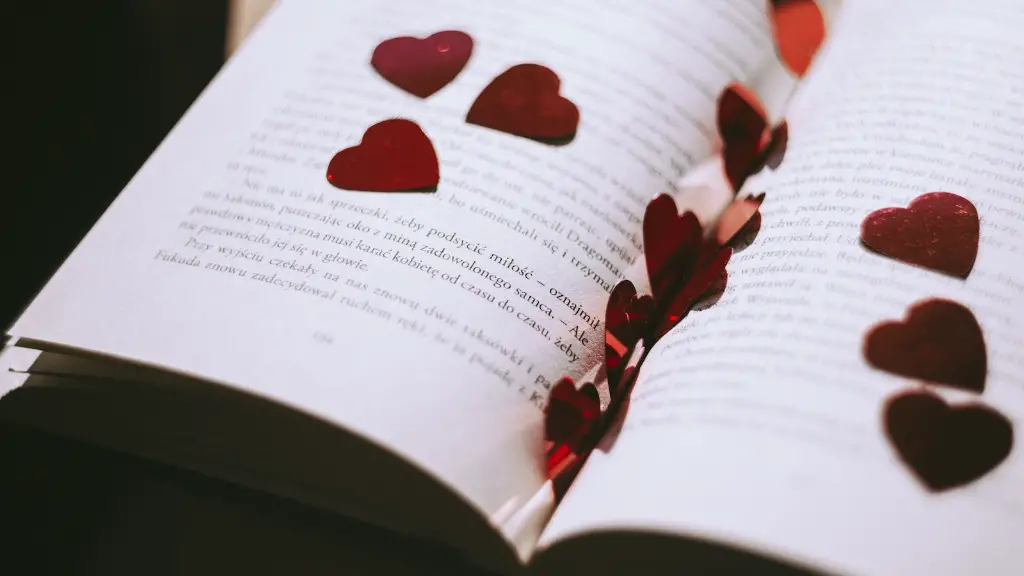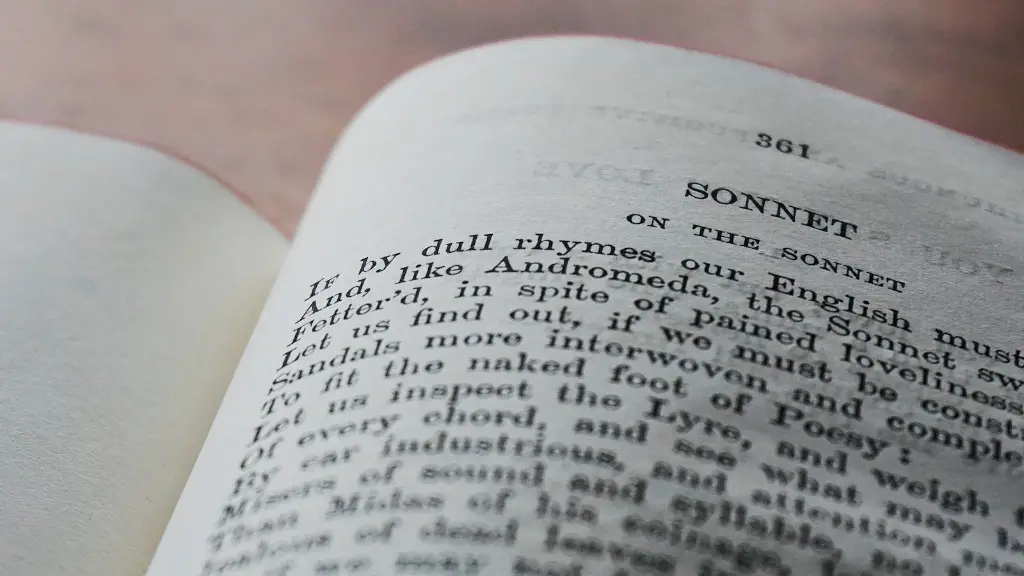If you are interested in literature, you may have wondered what is the difference between poetry, prose, and drama. To understand the fundamental distinctions between each, let us take a look at the history and characteristics of each type.
Poetry is an ancient form of writing with roots as far back as 2nd millennium B.C. It is an art form composed of metaphor and imagery described in literary techniques such as rhyme, rhythm, and meter. While modern day poetry functions as an exploration of different themes, topics, and forms of expression, there are some characteristics that are typical of most traditional poetry. Poems are written in versified lines, fluidly flowing from one to the next, creating a rhythm that connects the poem together. As such, poetry can be categorized as both written language and a performance piece.
Prose is composed in paragraph form and consists of paragraphs with sentences more closely resembling how people normally talk. It is used for more full-length stories, novels, and other works such as essays and biographies. The text of prose is often written in exposition style, meaning the author is either trying to explain or describe something. Prose is identified by the absence of rhythm or meter. This allows prose to focus more on content than form, giving readers the freedom to sink deep into the story instead of worrying about the construction of the work.
Lastly, we have drama which is the most active form of written language. This type of work is typically intended to be acted out with a cast of characters rather than read. Through this, the audience is taken on a journey of plot development, suspense, and climax. Often times, the characters make revelations or experiences which provoke thought and emotion in the audience. Modern day drama often incorporates the use of monologues, the purpose of which is to capture the thoughts of a certain character or because it furthers the plot.
Exploring Poetry
Poetry is written in meter and flows easily from one verse to the next. It is usually written in a specific form and style that often contains symbolism and hidden meaning. Poetry also allows for great freedom of expression as every poem can be read and interpreted differently by different people. There are some poems that are written from the perspective of an imagined character or build on an existing myth.
The purpose of poetry is often to explore concepts such as loss, love, nature, beauty, and life. Poetry can also have a deep emotional impact on its readers as it is often used to express feelings or emotions in a creative and powerful way. It may also reach out to the reader and provide an escape from the mundane of everyday life.
Poetry has been known to provide inspiration, comfort, and understanding to its readers as its often written with passion and focus. While it may seem like an abstract art form on the surface, poetry offers a unique and powerful way in which to explore a variety of themes and topics. As such, it has been appreciated and studied for centuries.
Understanding Prose
Prose is written in paragraphs and is typically free from the rules of meter and rhyme. It is often used for novels, short stories, and biographies, though it can also be used to compose essays, jounral articles, and other works. It follows a narrative structure, allowing the writer to focus on creating an immersive experience for the reader.
The purpose of prose is to tell a story and to captivate its audience. As compared to poetry, prose allows for more freedom in the storytelling process, offering writers a creative and wide range of expression. It can also be an effective way to explore different characters and their development. Through prose, readers are taken on a journey through a story, complete with plot twists and surprise endings.
Unlike poetry, prose does not focus on the connection between form and content but rather the content and how it is expressed. As such, it can provide the reader with a deeper understanding of a character’s motivations and life experiences. Prose allows the imagination to run wild and provides a unique perspective into the writer’s world.
Uncovering Drama
Drama is an active form of written language and is typically composed in the form of a script to be performed on stage or in film. Its goal is to captivate an audience through character development, emotional arcs, and plot development. Drama comes in many forms, performing on both small and large stages with different kinds of characters.
The purpose of drama is to create an immersive experience and draw the audience into a story and its characters. As opposed to poetry and prose, drama does not rely on the written language to convey its messages, but rather on action, body language, and staging. In this way, it creates an environment that engages and engages viewers on a much deeper level.
Drama often uses the format of a play, allowing the audience to be taken away by a story and introduced to characters, settings, and events. By experiencing the play, viewers gain a greater understanding of the story, their own perspectives, and the dynamics of the characters. Through drama, readers can feel connected to the storyline and experience powerful emotions such as laughter, tears, shock, and suspense.
What’s the Key Difference?
The main difference between poetry, prose, and drama is the way in which they are presented. Poetry is composed in verse, prose is written in paragraph form, and drama is presented in a script format. Each provides the reader with a unique insight into the storyteller’s experience and can be used to explore different themes and topics.
Poetry is often used to evoke emotion, while prose creates an immersive narrative. Drama is an active form of language that engages its audience through storytelling and character development. Understanding the differences between these three types of writing can help you more deeply appreciate the works of literature that embrace one or more of these formats.
The Different Poetic Forms
There are several different poetic forms and they vary in structure and content. The most common form of poetry is the sonnet, which consists of fourteen lines and a specific rhyme scheme. Other forms of poetry include haikus which are made up of three lines and seventeen syllables, and limericks which are usually five lines long and have a lighthearted tone.
Haikus are often a way for writers to express their love of nature, while limericks provide an opportunity to make humorous observations. Sonnets are a more formal type of poetry and are often used to explore love and loss. No matter the form, poems often contain symbolism and vivid imagery, allowing readers to find a deeper meaning in the text.
Who Writes Poetry?
Poetry can be written by people of all ages and backgrounds. Poets come from all walks of life, have different occupations, and practice different religions. Some of the most popular poets in history are William Shakespeare, Lord Byron, and Robert Frost. Each writer explored different topics and styles, using their works to express themselves or comment on society.
Today, poets continue to find unique and creative ways to express their feelings and experiences. The Internet has opened up many opportunities for poets to share their work, find an audience, and engage in an open dialogue. There are even online courses, magazines, and forums dedicated to providing an environment for poets to explore and develop their art.
The Many Different Genres
Poetry is often divided into a variety of different genres such as form-based poetry, epic poetry, personal poetry, and many more. In form-based poetry, the writer follows a specific structure, often a specific number of syllables, lines, and stanzas. Epic poetry is a longer form of work that explores tales of heroes and kings. Personal poetry focuses on introspection and the writer’s inner thoughts.
In each genre of poetry, the writer has the opportunity to explore different topics, themes, and ideas. What truly matters is the poet’s intention and how they create an emotional connection with their readers. Through this process, we can gain unique insights into the poet’s world and feelings.
Recognizing the Magic of Poetry
Poetry can often be overlooked for its complex structure and difficult language, however, it is a powerful and versatile form of literature. Poets use their talent to explore deep themes, energize readers, and bring out powerful emotions. In understanding the language and techniques of poetry, we gain insight into the thoughts and feelings of the writer and see the world through their eyes.
Poetry is an art form with a long and rich history, and it will continue to evolve and be appreciated in the years to come. It is a unique and powerful way of expressing our thoughts and feelings, and it is often able to move readers in ways other art forms cannot.

